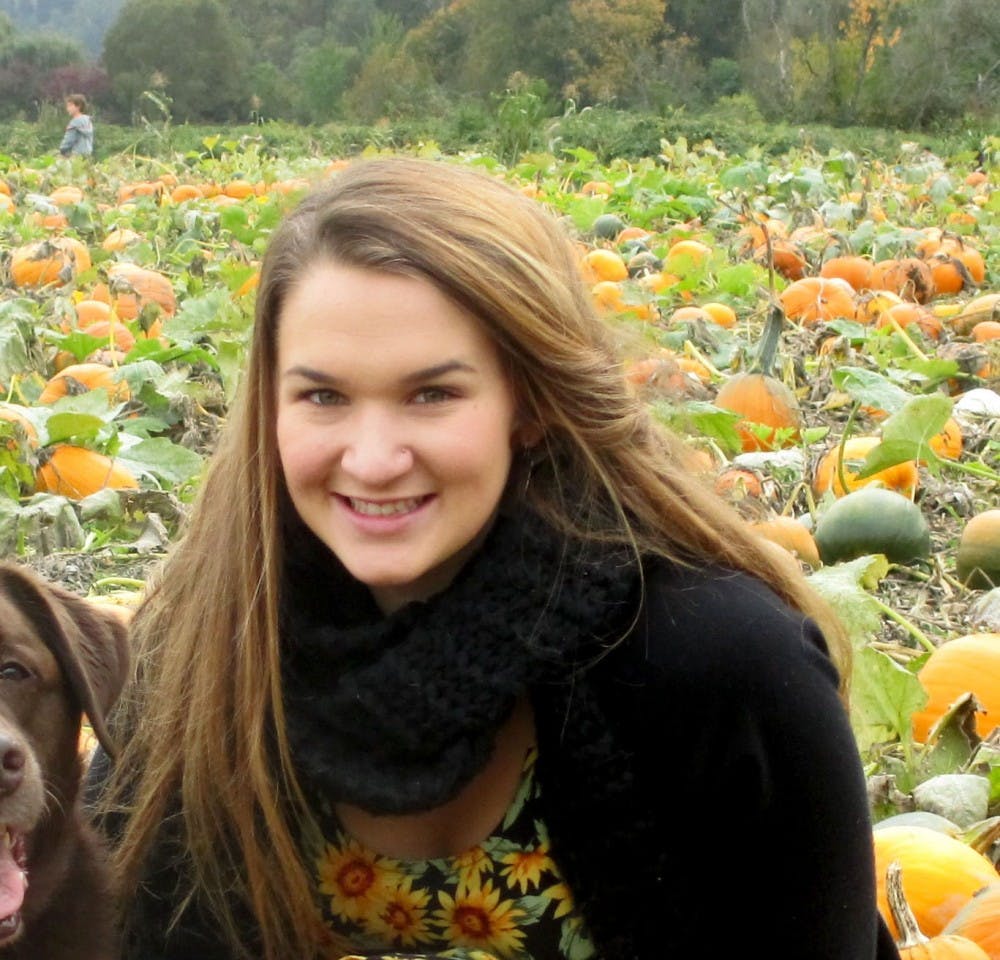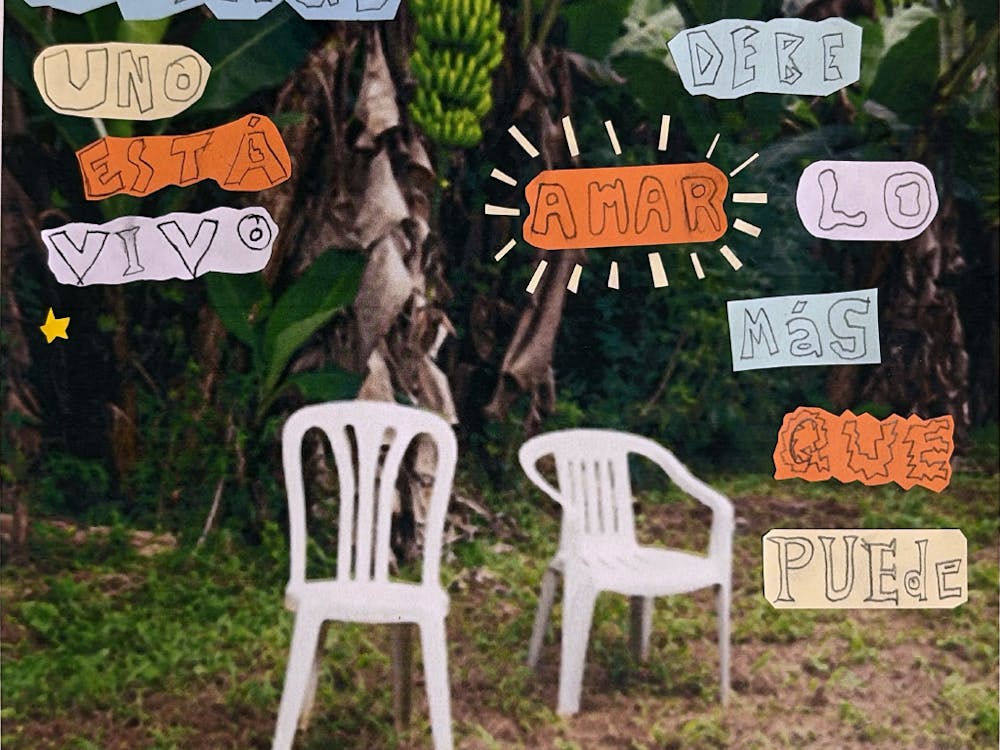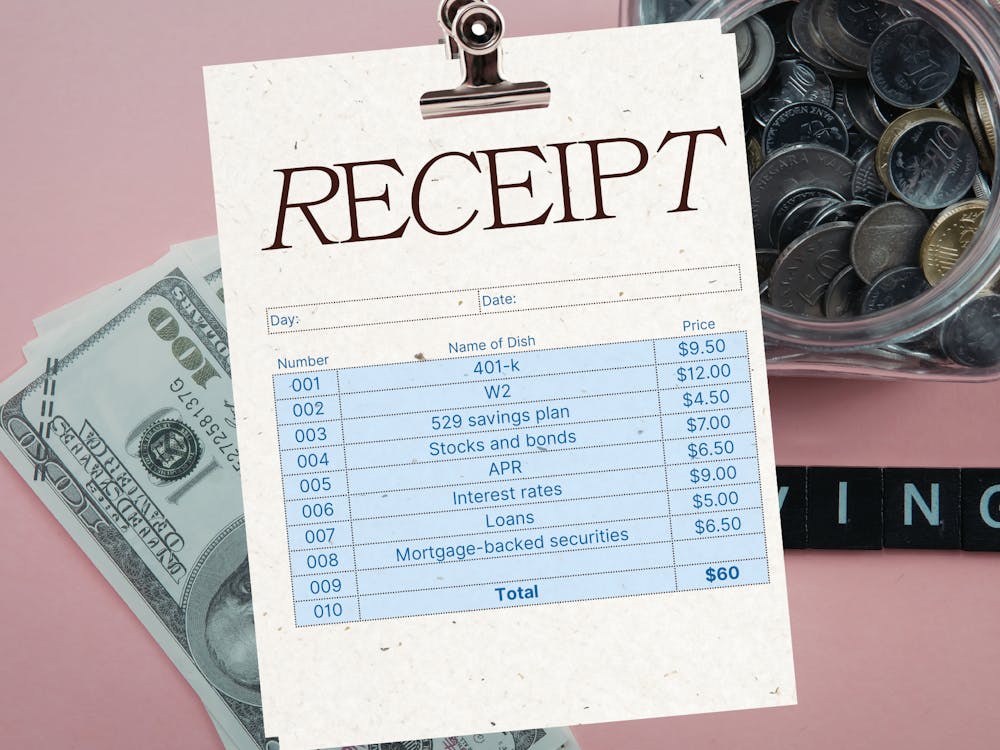“We are not concerned with the very poor. They are unthinkable and only to be approached by the statistician or poet.” Does that mean anything to you? The first time I read E.M. Forster’s “Howards End” and came across this passage I thought, “That’s not me. I volunteer. I vote. I’m engaged in my community.” And I think at UP, we are lucky to be in an environment where many of us feel the same way - we care and we are encouraged to care. However, as I considered it more I began to think, am I concerned enough?
I think for many of us, the answer is no. I graduated last semester and the one thing that will remain with me after my time at UP is that by engaging in my community both within the borders of The Bluff and across the Portland community as a whole, I have grown to love more profoundly than I ever thought possible. And that’s what it is all about, right? We want to love more, we want to be loved more. If any one feels they could learn to love more (and what jerk would admit to not wanting to love more?) I have the solution for how to do it.
“Only connect.”
I borrowed the solution from Forster; the same guy that got me thinking about this issue. Over the last few years I have been lucky to have worked with a number of people intimately. I’ve taught migrant workers to navigate the health system, I’ve lost my voice at Pilots basketball games alongside my best friends, I’ve had lunch with friends and laughter at the Commons, and as a hospice volunteer I’ve held the hands of dying patients. These moments will define my time at UP. Don’t get me wrong, I have worked hard for my degrees and I value my education and my professors. But the classes I will remember are the ones where the professor knew my name.
The relationships where I feel I am giving and receiving the most love are the ones where I am making an effort to connect. And connection can be hard! It isn’t just about late night movies, margaritas and friends. It means sitting across from an individual experiencing homelessness and realizing you’re more similar than you would have thought. It means you should be at an LGBTQ meeting as an ally or at least a supporter of human dignity. Connection is about knowing that the kids across the globe being murdered by our drones are no different than the kids that play in the parks around Portland - and then doing something. Connection means you need to feel uncomfortable.
I think more than anything, what Forster is trying to say is if we are “not concerned with the very poor”, we do so by choice. Every day, we are given the option to make connections and we have to choose the connections we will make. As for me, I am going to start choosing connection whenever I get the chance.
Brett Boeh is a ‘13 UP alumna. She can be reached at brett.boeh@gmail.com.








